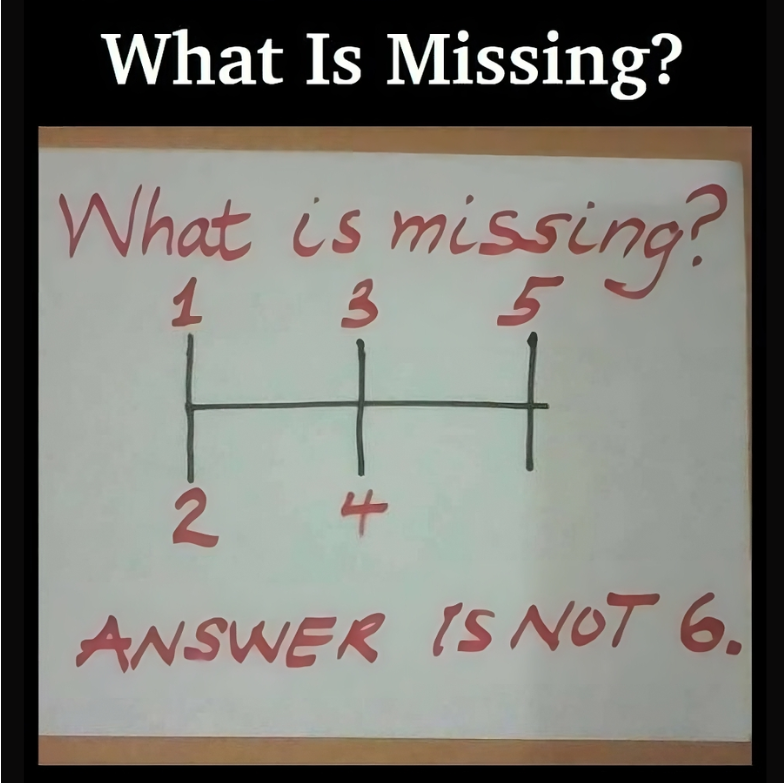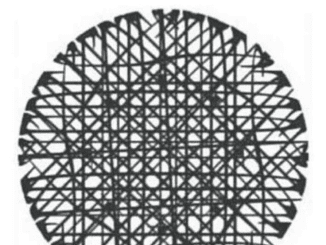Riddles may seem like simple brain teasers, but their impact on our cognitive abilities and overall well-being is anything but trivial. By engaging in the practice of solving riddles, individuals can unlock a vast array of benefits that extend far beyond mere entertainment.
At the heart of riddle-solving lies the ability to think critically and creatively. When faced with a challenging riddle, the mind is forced to consider multiple perspectives, explore unconventional solutions, and connect seemingly unrelated pieces of information. This process of lateral thinking not only enhances problem-solving skills but also fosters a more adaptable and innovative mindset.

Riddles often require individuals to recall specific details, patterns, or pieces of information in order to uncover the solution. This mental exercise strengthens memory retention and improves concentration, as the brain must focus intently to identify the hidden clues and piece them together.
The logical reasoning and analytical skills required to solve riddles are invaluable in a wide range of contexts, from academic pursuits to professional problem-solving. By regularly engaging in riddle-solving, individuals can hone their ability to think systematically, draw logical conclusions, and make well-informed decisions.
Engaging with riddles can also have a profound impact on emotional well-being. The process of working through a challenging brain teaser can help reduce stress and anxiety by providing a mental break from everyday concerns. Additionally, the sense of accomplishment that comes with solving a riddle can boost confidence and patience, equipping individuals with the resilience to tackle future obstacles.
Beyond the cognitive and emotional benefits, riddles also serve as a source of entertainment and mental stimulation. The playful nature of these puzzles can inject a sense of fun and curiosity into the learning process, making it an engaging and enjoyable activity for individuals of all ages.
By regularly engaging in the practice of solving riddles, individuals can harness the power of these cognitive challenges to enhance their overall mental well-being and unlock their full potential. Whether you’re looking to sharpen your problem-solving skills, boost your memory and concentration, or simply find a fun and rewarding way to stimulate your mind, embracing the world of riddles can be a transformative experience.
Riddles come in a wide variety of forms, from classic word puzzles to visual brain teasers, each offering a unique set of challenges and opportunities for growth. Experiment with different types of riddles, push the boundaries of your cognitive abilities, and discover the pure joy that comes with the “aha!” moment of solving a perplexing puzzle.
In this context, the missing number could be viewed as the sequence of gears in a typical manual transmission pattern. Given that manual transmissions often include an arrangement like this:
R (Reverse)
1 (First gear)
2 (Second gear)
3 (Third gear)
4 (Fourth gear)
5 (Fifth gear)
The positions align with gears where the missing number follows this pattern, and we are missing the reverse gear position typically labeled as “R”.
Thus, considering the sequence and the idea of manual transmission, the missing “gear” is indeed R for Reverse.
Riddles are far more than mere entertainment – they are powerful tools for cognitive growth, emotional resilience, and overall well-being. By embracing the practice of solving riddles, individuals can unlock a wealth of benefits, from sharpening their problem-solving skills to reducing stress and boosting confidence. So, the next time you’re faced with a puzzling brain teaser, don’t just see it as a challenge – see it as an opportunity to unlock the full potential of your mind and enhance your journey towards a more fulfilling and enriched life.


